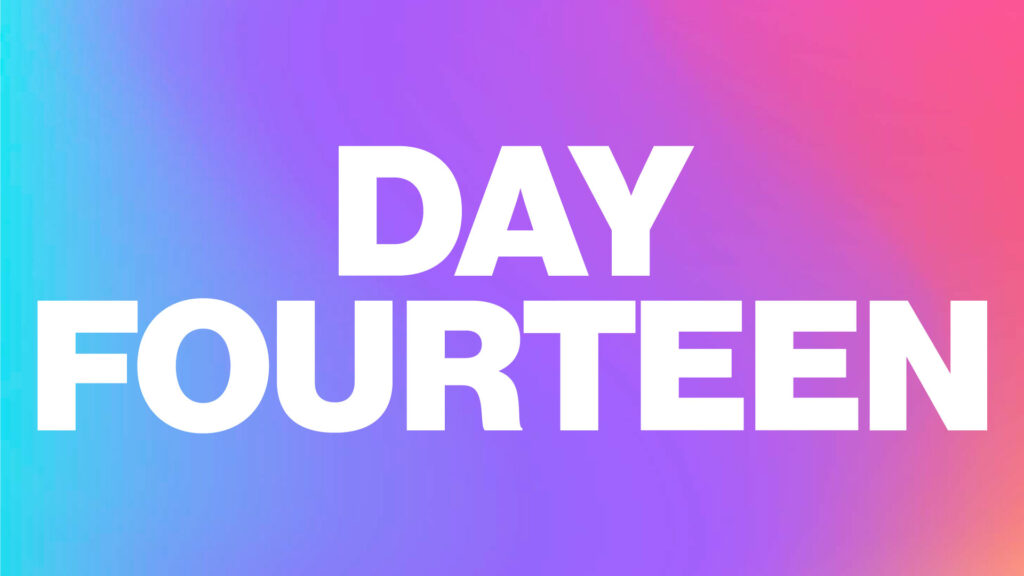
Our morning and noon hour prayer sessions at the Kempsville Campus this past week focused on praying the Scriptures, and we used Psalm 27 as our text. Although this text selection was made weeks ago, I could not help but think about how the psalm’s relevance to Pastor Dana’s sermon on spiritual warfare.
First, let it be known that David is the author of this psalm. David knew something about warfare. He faced down lots of enemies. Some belonged to opposing nations, while other enemies were from within his own camp, like King Saul. And, David even faced enemies from within his own family. Consider Absalom. He knew how to stand his ground. He knew how to fight. And, he knew how to trust God for vindication and victory.
Psalm 27 has five clear movements. The psalm’s opening salvo (vv. 1-3) is a declaration to the self: “The Lord is my light and salvation. Whom shall I fear?” The obvious answer to this rhetorical question is: “Nobody!” How often do we fail to engage a divine assignment on account of fear? I know in my own life, the fear of rejection has at times prevented me from evangelism, and the fear of conflict has hindered my vocalization of truth. Fear can stop us from doing God’s bidding in all kinds of areas and in all kinds of ways. Let us learn from David, as there are occasions that require us to begin with some self-declaration. If God is for you, who can be against you? If God has promised to never leave you nor forsake you, then what have you to fear?
In verses 4-6, David shifts to exclaiming his heart’s desire for the Lord’s presence in his life. He writes, “One thing I have desired of the Lord; that will I seek: that I may dwell in the house of the Lord all the days of my life!” He pivots from facing down fear to proclaiming his passion for God. He shifts his gaze from the armies that surround him to the temple of his God.
In verses 7-10, David brings these two realities together––his real life problems and God’s presence. He appeals to God for mercy (v.7). He then reminds God that he has been obedient in seek after God’s presence (v.8). Then, in vv. 9-10, David reminds himself and God that God has been and will continue to be trustworthy to deliver him from adversity. From where comes my help? My help comes from the Lord!
The fourth movement occurs in vv. 11-12, wherein David requests guidance from God: “Teach me Your way, O Lord, and lead me in a smooth path, because of my enemies.” David did not stop his prayer with praising God, nor he stop with an appeal for divine mercy. David shifts to full on petition, requesting God’s wisdom and guidance and direction. Additionally, David asks that God deliver him (v.12).
Lastly, David ends the psalm with a declaration of confidence that God will, indeed, answer his request: “I would have lost heart, unless I had believed that I would see the goodness of the Lord in the land of the living. Wait on the Lord; be of good courage … Wait, I say, wait on the Lord!”
What are you most afraid of today? What is threatening the fulfillment of God’s purposes in your life right now? Use Psalm 27 as a template for your own prayer, and let’s anticipate and watch the deliverance of our God!
– Steve Carlin
“And, he knew how to trust God for vindication and victory.”